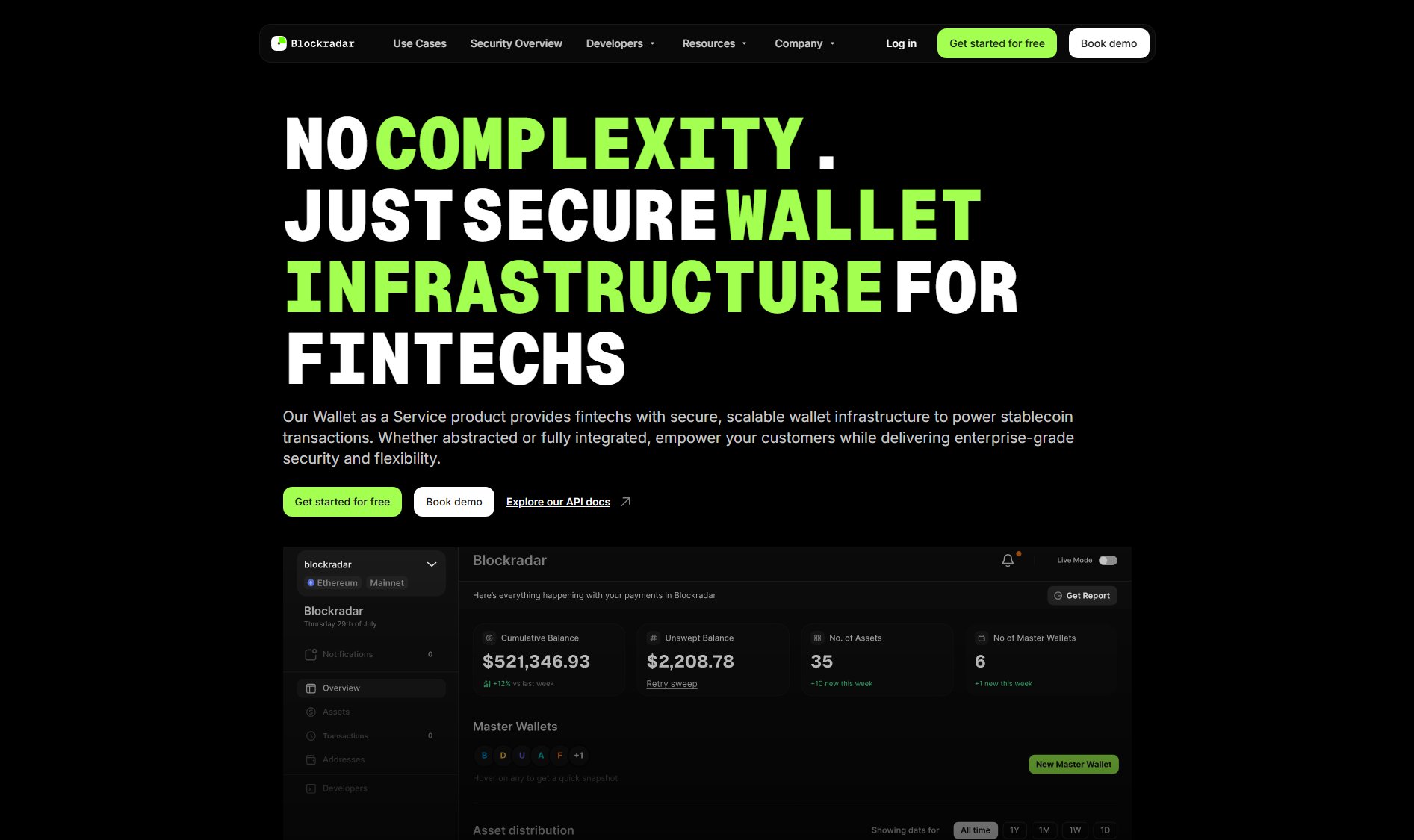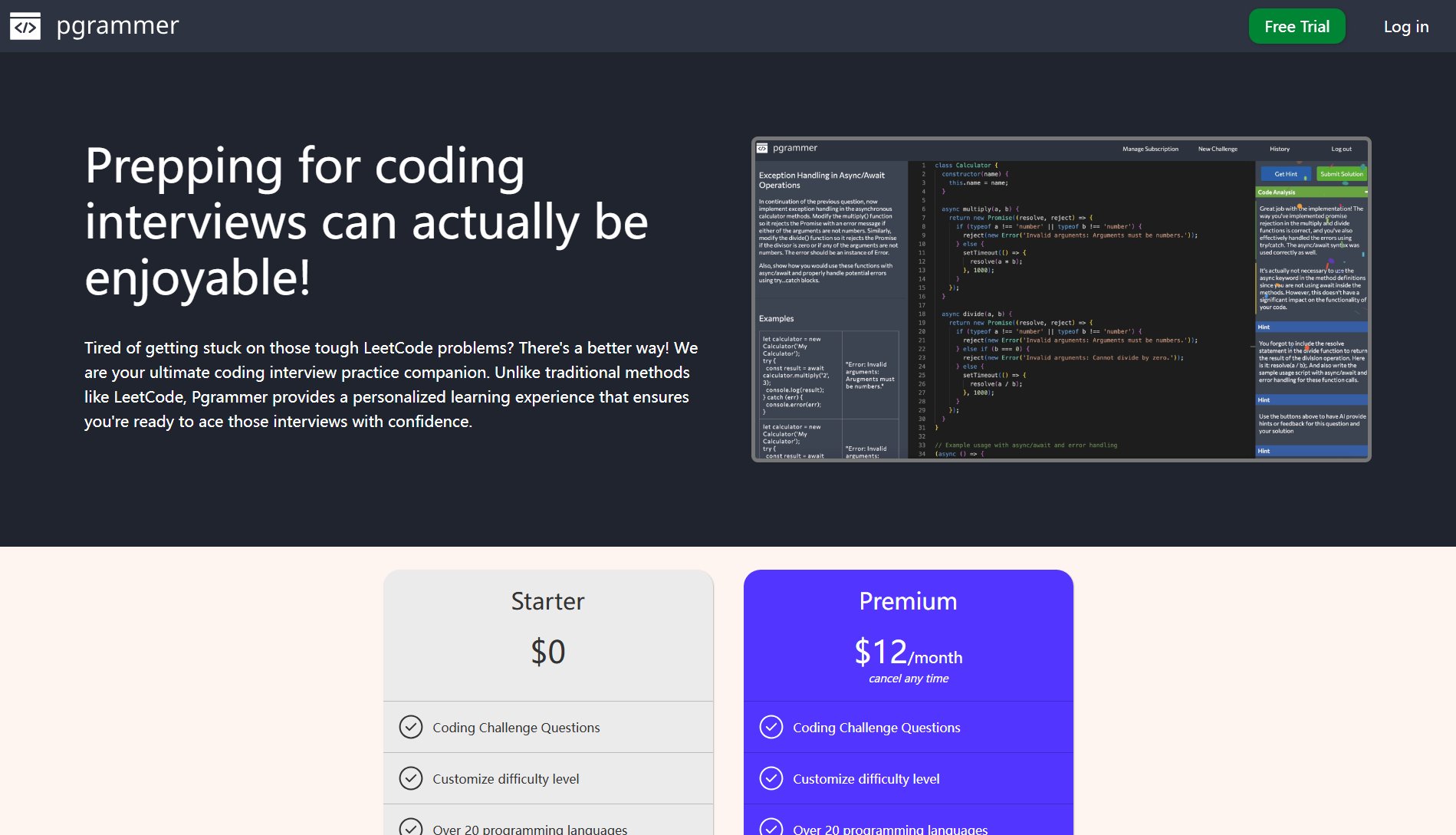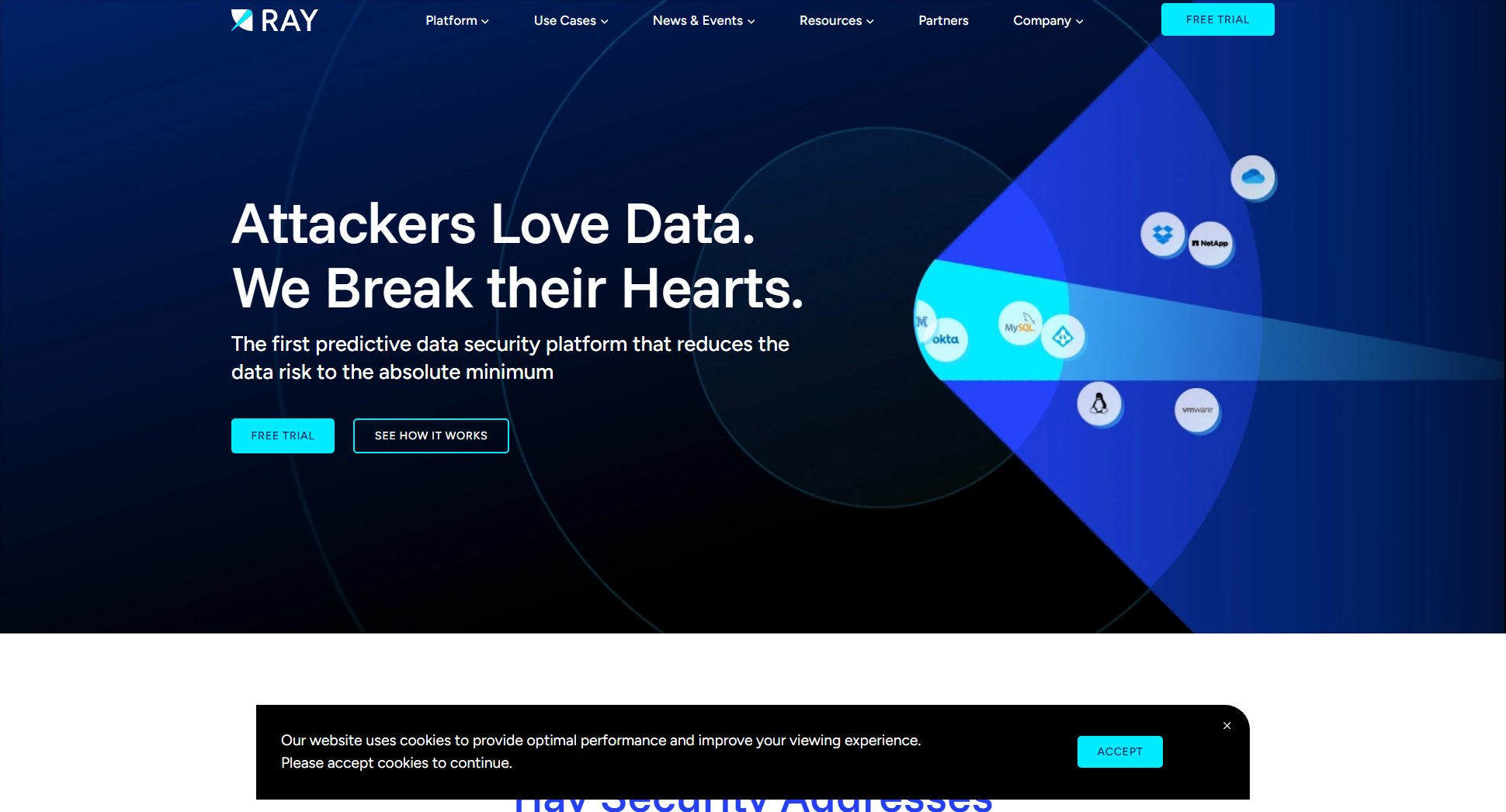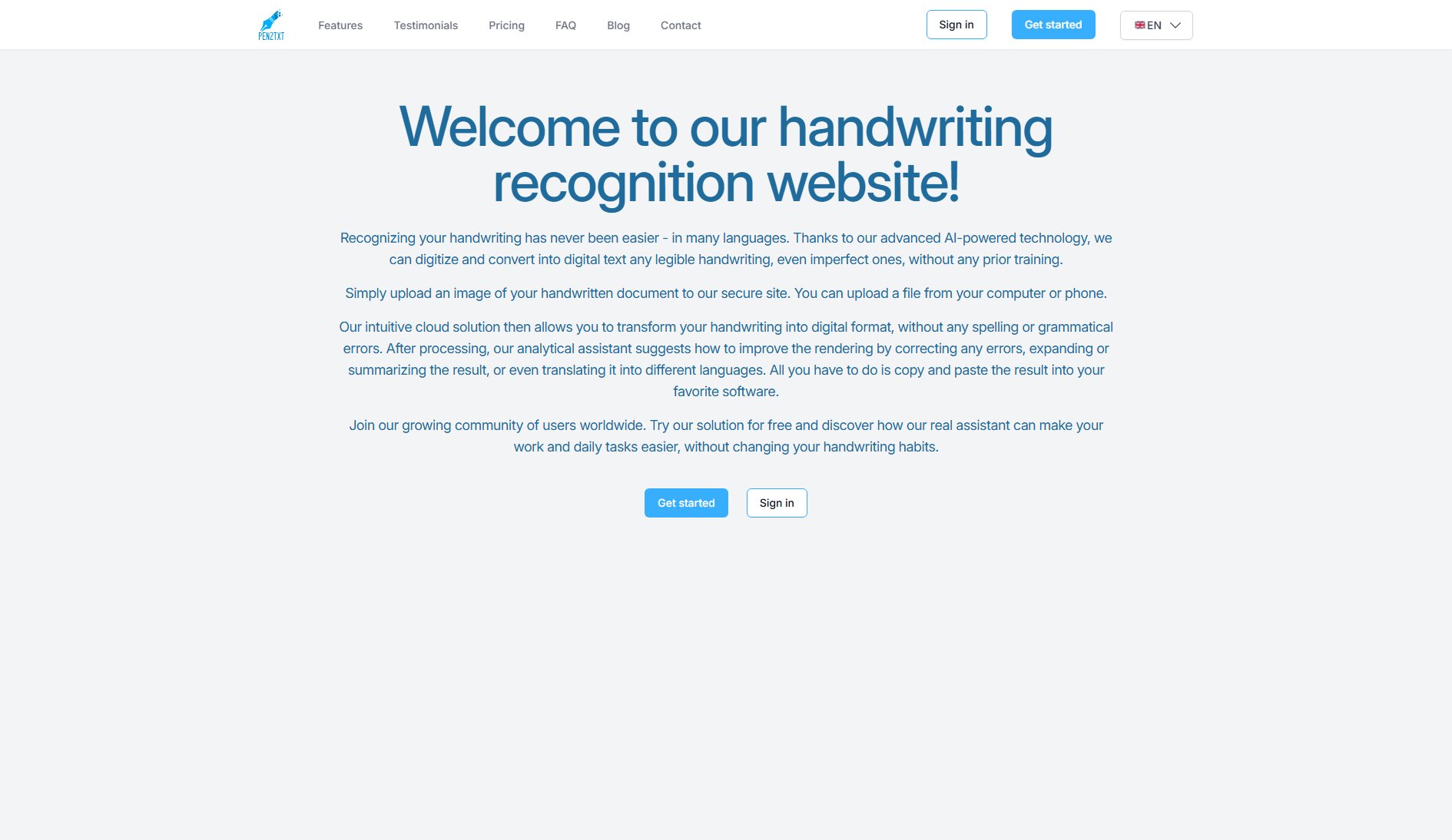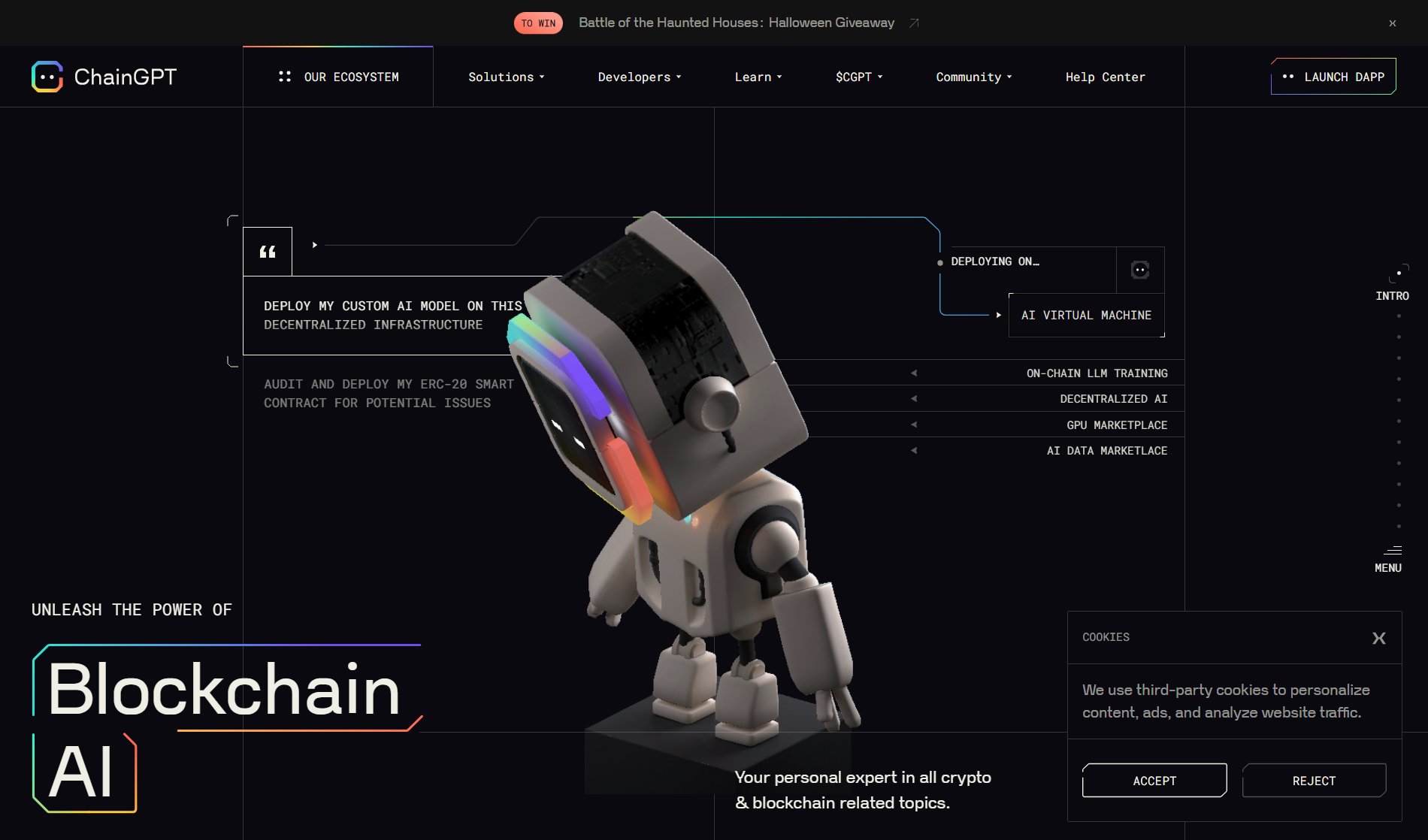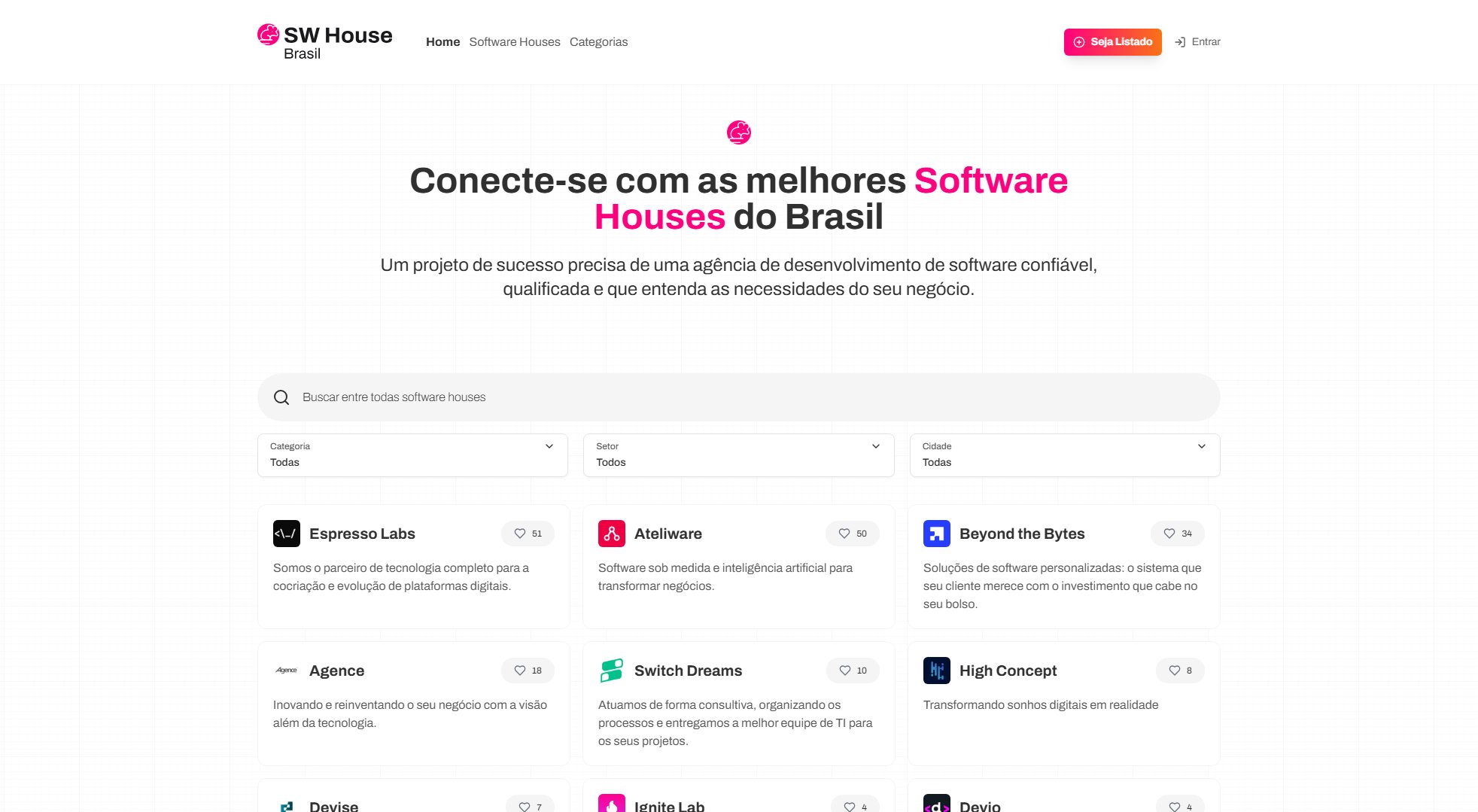Arbius
Decentralized AI hosting & marketplace powered by blockchain
What is Arbius? Complete Overview
Arbius is a revolutionary decentralized network for machine learning that operates on blockchain principles similar to Bitcoin. It creates a multi-model economy where open-source AI models can participate in a shared marketplace. The platform uses Proof-of-Useful-Work (PoUW) to reward GPU power contributions, with no central authority controlling coin creation. Model creators can monetize their AI creations while users benefit from a censorship-resistant network. The ecosystem includes features like decentralized escrow for autonomous agents, staking rewards through veAIUS tokens, and on-chain governance where holders vote for protocol upgrades. Arbius represents a paradigm shift in AI hosting by distributing computational resources globally and enabling true autonomy in AI services.
Arbius Interface & Screenshots
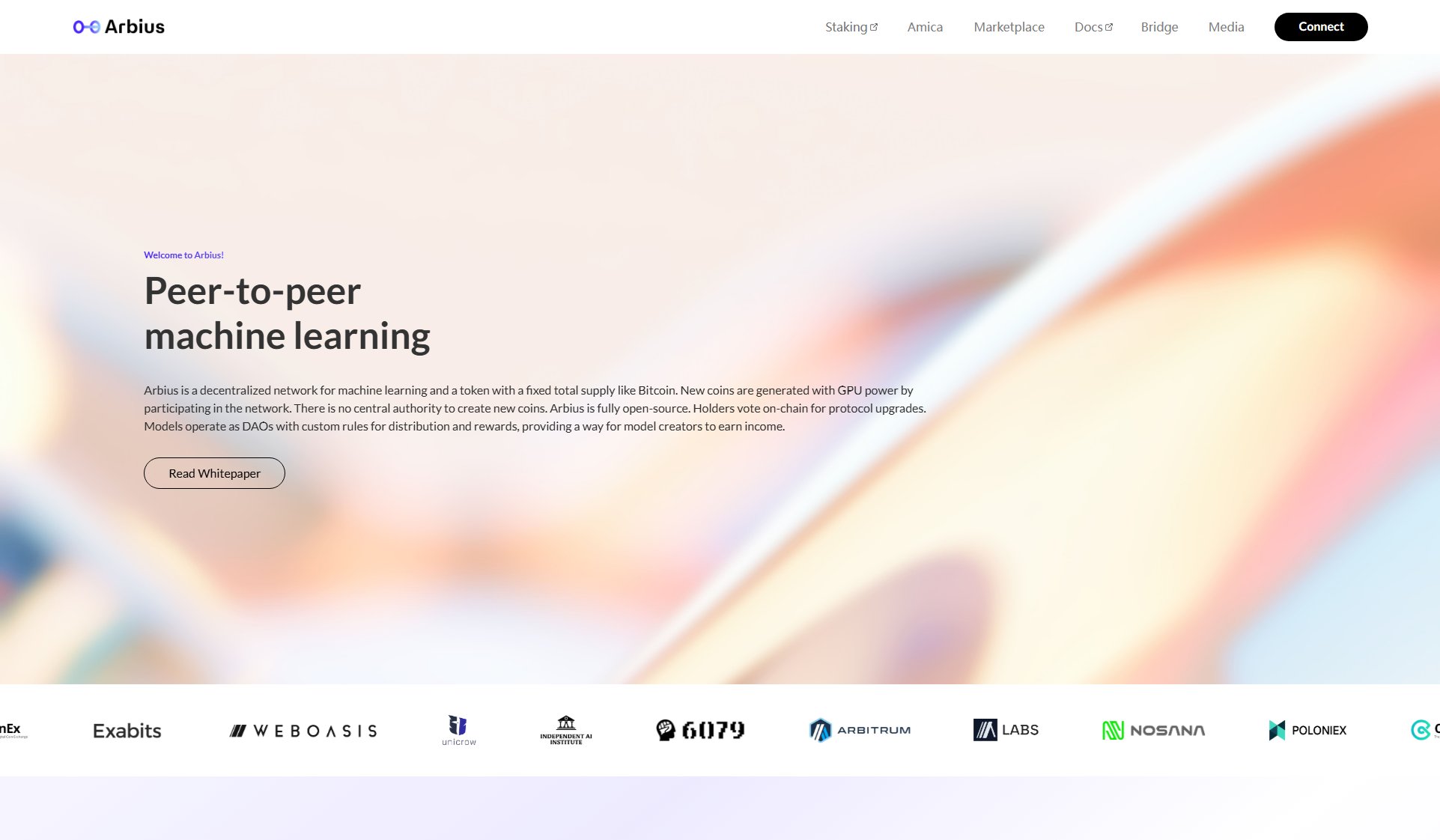
Arbius Official screenshot of the tool interface
What Can Arbius Do? Key Features
Decentralized AI Marketplace
Arbius hosts a unique marketplace where AI models operate as DAOs with customizable rules for distribution and rewards. Model creators can set fees for their creations while users access diverse AI capabilities through a permissionless system.
Proof-of-Useful-Work Mining
The network rewards miners for providing GPU power to solve AI tasks through its PoUW mechanism. Tasks are confirmed within seconds and contestation ensures miner honesty in computations.
veAIUS Staking Rewards
Token holders can stake veAIUS to earn passive income from model inference fees and participate in governance. Stakers can direct higher rewards to specific models through gauges.
Amica AI Chatbot
An open-source AI persona interface featuring emotion recognition, bi-directional text-to-speech, and visual recognition capabilities for advanced interactive experiences.
Decentralized Governance
Arbius is fully controlled by its community through on-chain voting for protocol upgrades, ensuring no single entity can monopolize or censor the network.
Autonomous Agent Economy
Agents can independently purchase compute resources using decentralized escrow, creating a self-sustaining ecosystem where AI services trade with each other.
Best Arbius Use Cases & Applications
Censorship-Resistant AI Services
Organizations in restricted regions can deploy AI models that cannot be shut down by centralized authorities, ensuring continuous access to critical services.
Monetizing Open-Source Models
Developers of models like Llama 3 can earn revenue from their work while keeping the models open-source through Arbius's fee mechanism.
Autonomous Agent Ecosystems
AI agents can independently purchase compute resources for their operations, creating self-sustaining systems that interact with both humans and other agents.
How to Use Arbius: Step-by-Step Guide
Acquire AIUS tokens through exchanges like Uniswap or by participating in mining activities to power your interactions with the network.
Browse the model marketplace to discover available AI services, filtering by GPU requirements, fees, and capabilities.
Submit tasks to models either through direct API integration or via the web interface, paying with AIUS tokens for computations.
For model creators, deploy your AI through the decentralized network by setting parameters like base fees and reward distribution.
Participate in governance by staking veAIUS tokens to vote on protocol upgrades and direct rewards to preferred models.
Arbius Pros and Cons: Honest Review
Pros
Considerations
Is Arbius Worth It? FAQ & Reviews
Arbius eliminates single points of failure and censorship by distributing AI hosting across a global network of independent miners, with governance controlled by token holders rather than corporations.
The platform supports various models including large language models (like Qwen QwQ 32b), image generators (like WAI SDXL), and specialized AI services through its open marketplace.
Miners earn AIUS tokens based on their contribution of GPU power to solve AI tasks, verified through the Proof-of-Useful-Work consensus mechanism.
Yes, model creators can set invocation fees while keeping their models open-source, earning revenue whenever others use their creations.
Yes, similar to Bitcoin, AIUS has a fixed total supply with new coins generated only through mining participation.
